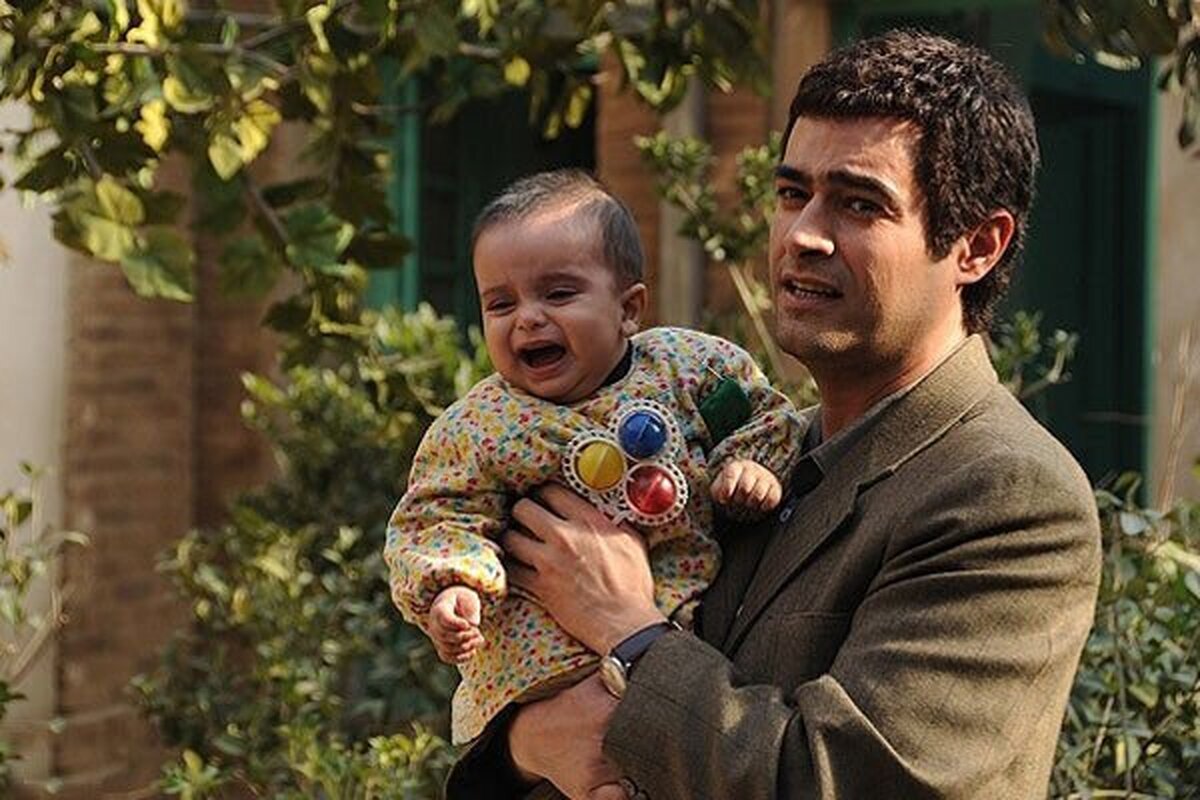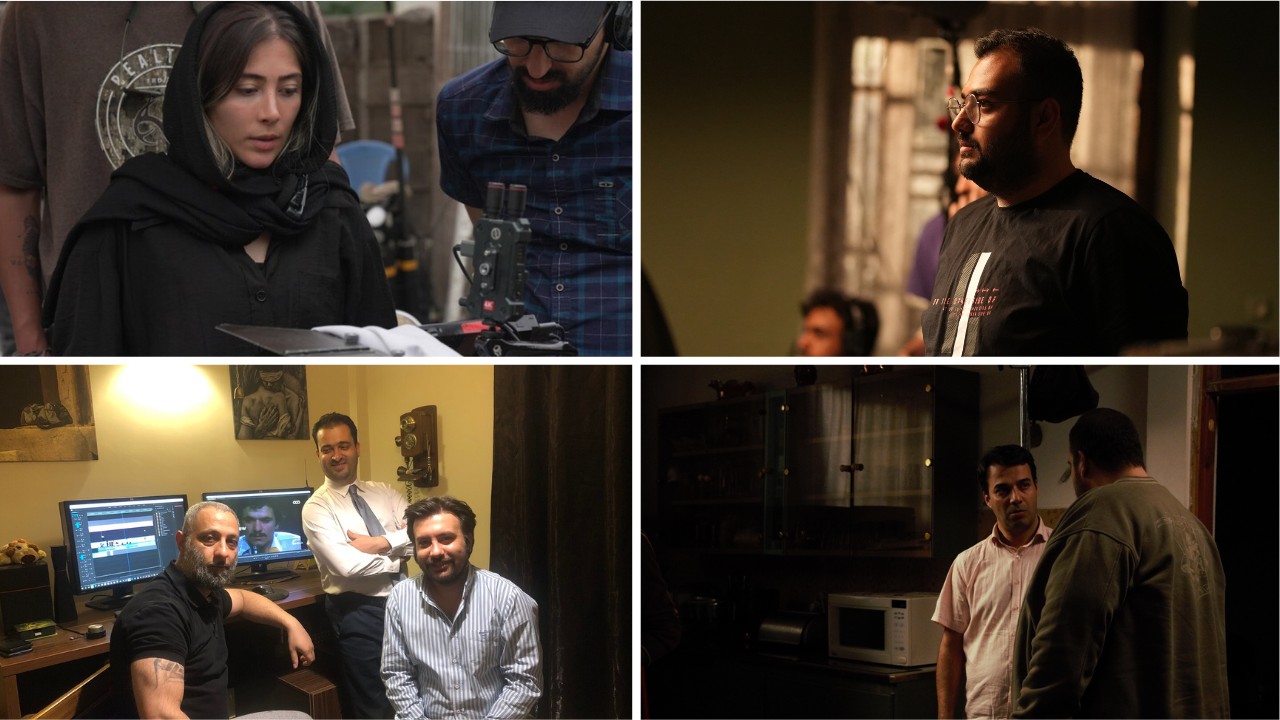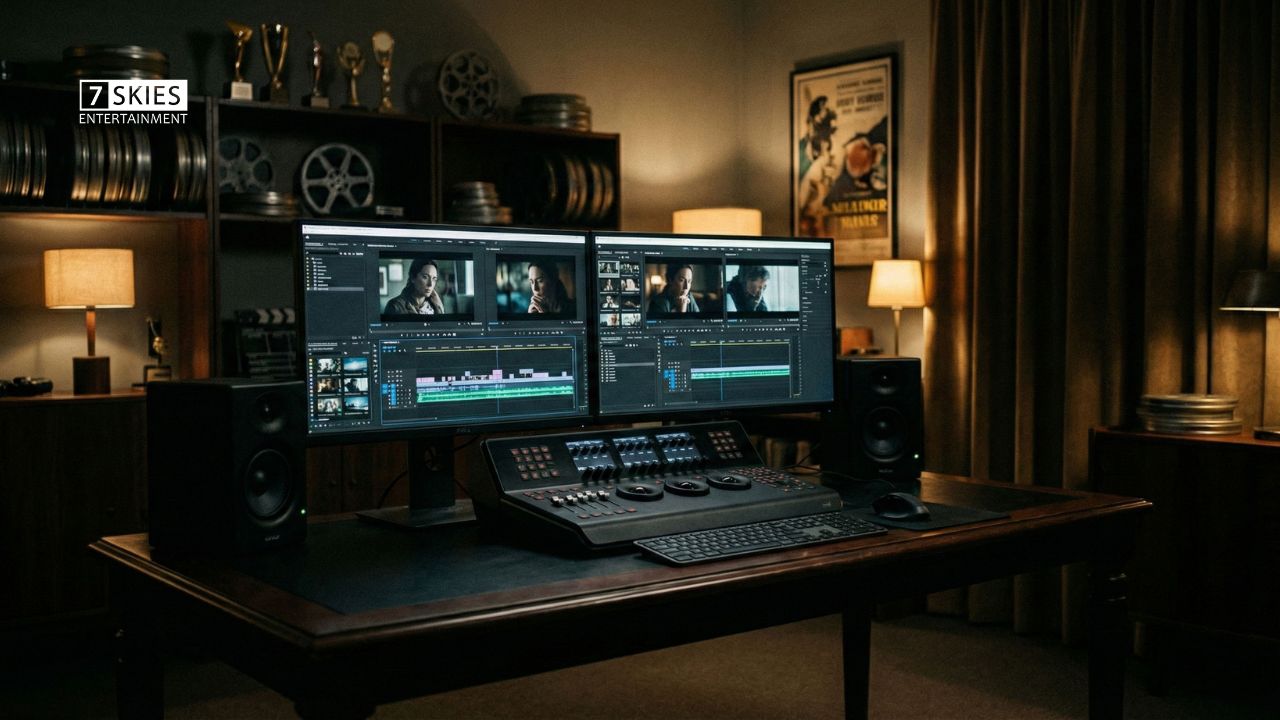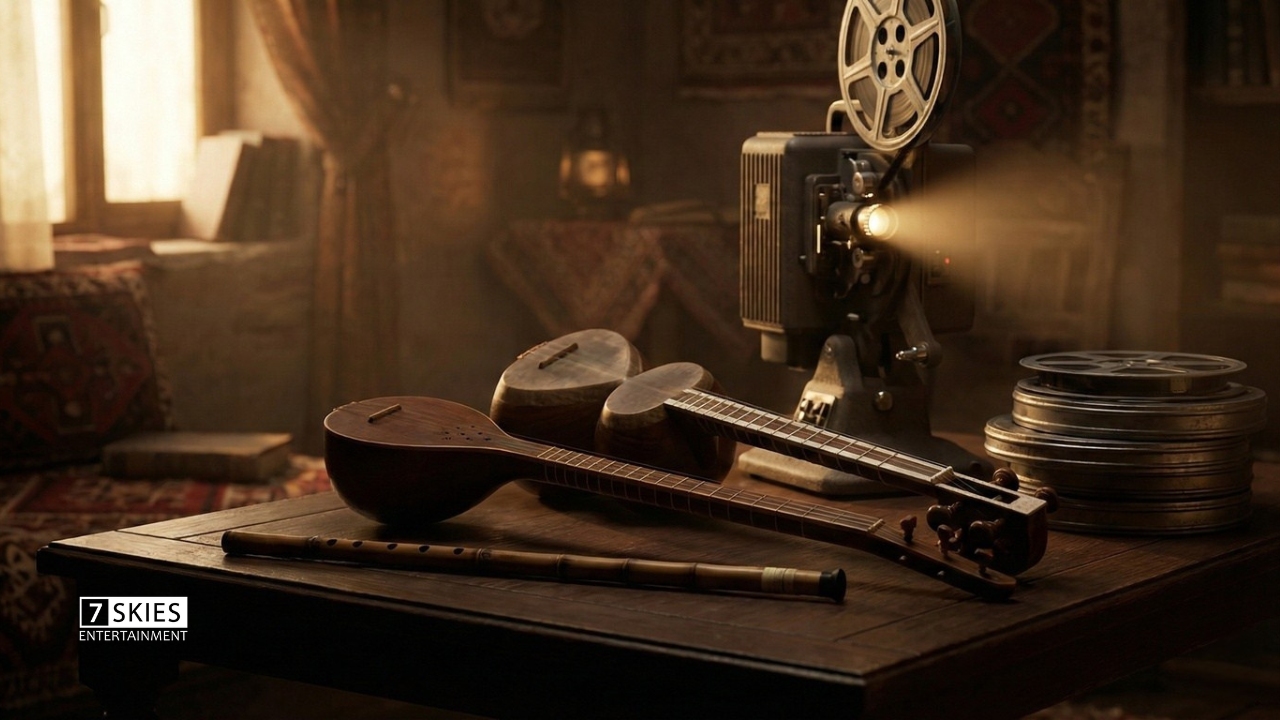
“Motherland”, previously known as “Ancient Land” is a television series directed by Iranian veteran filmmaker Kamal Tabrizi. This series covers historical, political, and social events in Iran from World War II to the 1979 Revolution, through the life of a character named Rahi Ardakani. Rescued from the rubble after Allied forces bombed his village, Rahi is sent to Tehran after a few days of care by his mother. Years later, he grows up in a communist family, but due to various events, he is handed over to an aristocratic family. It is within this family that Rahi gradually discovers his identity, which leads him to be entrusted to another family with religious beliefs.
The character of Rahi narrates the lifestyles of different societal strata of that era. During his childhood, viewers are introduced to the thoughts of the Communist Party (Tudeh), the royalists, and the feudal class. As Rahi enters the household of Ustad Hossein Kashikar, viewers also get acquainted with the traditional and religious perspectives.
This series showcases three dominant ideologies of society in opposition to each other. Rahi’s presence in all three families is due to his blood ties, emphasizing that all these differing thoughts, disagreements, and perspectives emerged within the unified entity called Iran. These ideologies, experienced by all segments of society, have always seen one dominating the others in different periods. Sometimes, external groups intensify these internal conflicts.
During the prolonged production of “Motherland”, several actors left the series, passing their roles to others. The most notable was Shahab Hosseini, who played the young adult Rahi in the second phase. Due to the extended production timeline and a prior contract for his role in Hassan Fathi’s “Shahrzad”, Hosseini left Tabrizi’s series. Arash Majidi took over his role in the third phase, becoming the lead of “Motherland”. Interestingly, when parts of the second phase were re-filmed in early 2016, Shahab Hosseini returned to shoot these scenes.
The second season of “Homeland” is set in 1959, depicting Rahi at eighteen years old. Shahab Hosseini’s portrayal is significant for his physical resemblance to Rahi and his effort to maintain the character’s traits. Hosseini blends so seamlessly with Rahi that it feels like a continuation of the character. He retains Rahi’s stutter, showing improvement in his speech over the years but still occasionally pausing on words, indicating incomplete recovery.
The series is character-driven, with the story unfolding from Rahi’s perspective. This means every scene, plan, narrative, and event involves Rahi. If Rahi is unaware of a story, the audience remains uninformed as well.
One of the most captivating aspects of young Rahi is his interaction with Ustad Hossein, his grandfather, with whom he frequently clashes. Hosseini continues this dynamic, showing Rahi’s dual approach towards Ustad Hossein—arguing persistently to make his point while also unable to bear his grandfather’s displeasure, expressing his emotions through his actions and gaze. One of the most poignant scenes is when Rahi, in his military uniform, bids farewell to everyone and finds Ustad Hossein sulking at the end of the street, upset over his departure. Without uttering a word, Hosseini sits beside him, conveying Rahi’s deep emotions in silence. His feelings towards his grandmother also create some of the most touching moments, like when Rahi laments not being allowed to hug her, and later, during the farewell, opens his arms fully to embrace her, moved by her tears. Hosseini’s portrayal in the first two episodes repeatedly touches the hearts of his audience.
Hosseini convincingly portrays young Rahi. Filming for “Motherland” from 2010 to 2013 saw Hosseini, then in his late thirties, play the eighteen-year-old Rahi. Despite the natural age disparity, Hosseini compensates with his short hair, lean face, and the excitement in his speech, making it easy to accept him in this role without feeling he’s out of character. His simplicity, sincerity, and smile make him appear younger than his actual age.



